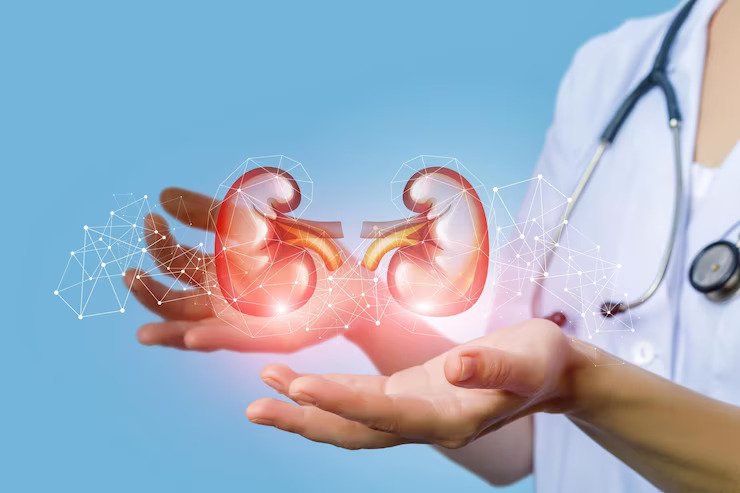Urologists are doctors who specialize in treating ailments of the urinary system and the male reproductive system. Knowing what to expect from your first visit to a urologist can make you feel confident. This article will discuss the role of urologists, the consultation process, diagnostic procedures, and follow-up steps.
Taking a look at what urologists do
Urology specialists diagnose and treat problems with the urinary tract and male reproductive system. They deal with a wide range of problems, such as urinary incontinence, urinary tract infections, kidney stones, prostate problems, and impotency in men. Urologists also treat serious diseases like prostate and bladder cancer. Knowing what kinds of problems urologists treat can help you understand why your primary care doctor might send you to one.
Be Prepared Before the appointment.
Before your first visit, ensure you have your medical records. These documents could include lab test results, reports from imaging studies, details about your past medical and surgical history, and a list of the medications you are currently taking, including prescriptions, over-the-counter drugs, and any dietary supplements. Write down your symptoms, your lifestyle details, and any changes in your health. It will help give your urologist a more complete picture of your health.
The first visit: a thorough health history
Most of the time, your first appointment starts with a discussion. It is your chance to talk about your symptoms, your health worries, and any questions you might have. The urologist will ask you about your health history, any urologic conditions in your family, and your lifestyle. Answer these questions honestly and in as much detail as possible, as this information is necessary for a correct diagnosis.
What to Look for at the Physical Exam
The urologist may do a physical exam depending on your symptoms and the information he or she learned during the consultation. For men, it could mean getting a prostate exam, which checks the prostate gland for problems. Women may need to have a pelvic exam, which can find problems with the bladder and other organs in the pelvis. These tests might be painful, but they are necessary for a complete evaluation.
A deeper look at diagnostic procedures
In addition to the physical exam, you may need several diagnostic tests to get a better idea of your health. Urology often uses urine tests, blood tests, and imaging tests like ultrasounds, CT scans, and MRIs to figure out what’s wrong. In some cases, you might need a more invasive procedure like a cystoscopy. With a cystoscopy, the urologist can look inside your bladder and urethra and learn important things about these organs.
Options for Treatment: Personalised Care
After the consultation and diagnostic tests, the urologist will discuss the findings with you. If a diagnosis is made, they will explain your condition and the possible ways to treat it. These could include medicines, making changes to how you live, or surgery. Each treatment plan is unique and made to fit the patient’s condition and overall health as well as possible.
Long-term care and follow-up
You may need follow-up appointments to check on your progress and make any necessary changes to your treatment plan. You might also need ongoing care or checkups from time to time, especially if you have a long-term condition or just had surgery. Remember that the urologist’s goal is not just to treat your current problem, but also to ensure your urological health is good in the long run.
Take the journey to better health in stride
To sum up, the first time you go to a urologist may seem difficult, but if you know what to expect, you can go in with confidence. Remember that urology specialists, especially those at reputed hospitals, want to help you get healthier. They have extensive training, experience, and the most up-to-date tools to give full urologic care. With an open and honest relationship with your urologist, you can get over the uncertainty of your first visit and look forward to better health and a higher quality of life.
Also Read more about Urologists and get yourself updated.


